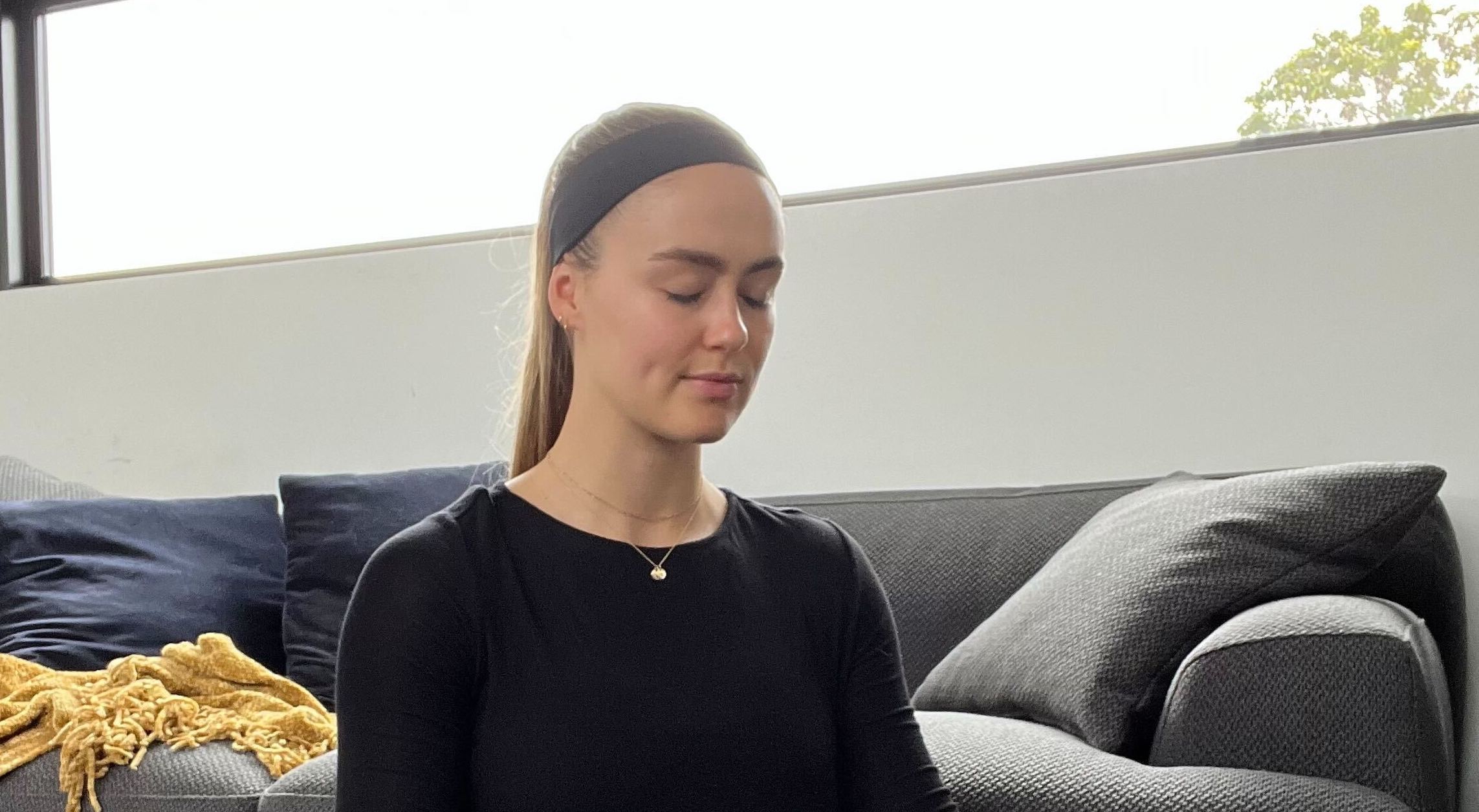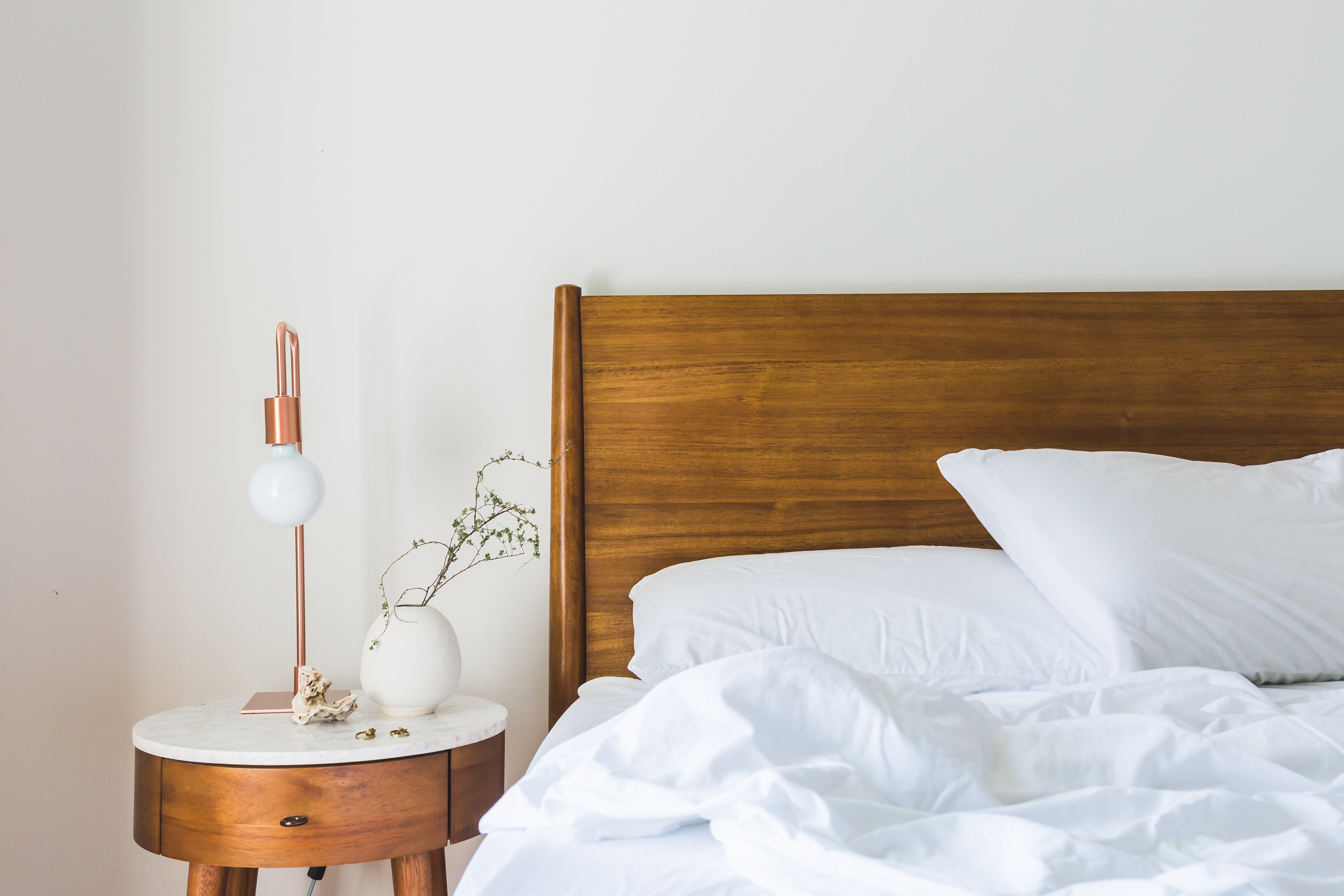How to Get More Sleep with V&B Athletic
The fitness industry is full of advertising for quick fixes and shortcuts to a happier, healthier, slimmer, stronger or “better” version of you. Almost without exception these provide limited to no long-term or sustainable results and ultimately are no substitute for a balanced lifestyle, diet and regular exercise.
There is, however, one very significant exception to that rule and that’s the magic formula known as sleep!
Something that every single one of us can do (although sometimes with varying degrees of success), and which decades of research has shown can make you smarter, decrease your risk of cancer, boost your immune system, make you a more effective leader and significantly reduce the likelihood of suffering from depression, obesity and numerous other health problems.
We’re all exposed to the constant advice that the recommended amount of sleep for an adult is 7 to 8 hours a night. Yet still, we constantly see and hear phrases like “I’ll sleep when I’m dead” and society seems to celebrate how little sleep we’ve managed to fit in between other pursuits. The increasing demands of work, life and the temptations of a virtual world that encourage us to be online and relevant almost 24/7, have created a culture in which having the least amount of sleep has somehow become a badge of honour.
The reality is that in terms of your overall health and fitness, ensuring you get the right amount of good quality sleep is the single most important thing you can do. Long term, lack of sleep has been shown to significantly increase your chances of being afflicted by health issues such as dementia, Alzheimer’s and reduced brain function in later years. But in a more immediate sense, studies have shown some remarkable impacts of failing to get that recommended 7 to 8 hours of sleep a night and the science of the last 20 years have only served to emphasise the importance of this fundamental aspect of human biology.
Some interesting facts about sleep:
- Sleep is critical for ensuring that the chemicals that tell you that you are full, are kept in balance. As a result, if you’re sleep deprived you’re more likely to eat more than you actually need.
- Sleep regulates your body’s insulin levels which help lower blood sugar. Individuals that suffer from a regular lack of sleep have been shown to have materially higher blood sugar levels with a resulting increase in the risk of Type 2 diabetes.
- Staying awake for between 15 to 18 hours straight can have the same impact on your reaction time and awareness as if you were legally drunk with a blood-alcohol level of 0.08.
- Having a single night of fewer than 4 hours of sleep can increase your chances of having a car accident almost 12-fold above that of someone with 7 or more hours of sleep.
- A 3-year-old getting just 10 and a half hours of sleep per night has a 45% increased chance of being obese by the age of 7, compared with those sleeping 12 hours or more a night.
There are many more examples and studies out there and still an extraordinary amount that we don’t understand about sleep, but the connections are very clear. Even half an hour too little sleep can have direct and measurable impacts on productivity and analytical skills, with some studies showing that a group of people sleeping 6.5 hours a night for 6 days, were measurably slower and with higher error rates at performing a series of set tasks than a group of people who had 7 hours of sleep a night over the same period.
Now we’re not suggesting that you should start measuring your productivity, athletic performance or analytical skills against how much sleep you get each night, although we do suggest staying away from moving machinery if you’ve been awake for 15 hours or more. But we can’t stress the importance of establishing healthy sleep habits enough.
Those habits should be (and should remain) the number one thing that you don’t sacrifice when trying to balance the competing demands of a busy lifestyle. Like everything else, there’s no one perfect solution, but there are a number of things you can do to increase your chances of getting consistent, good quality sleep each night.
These are our top 5:
- Set a schedule for your sleep. Bodies react well to schedules particularly if they build on your natural circadian rhythm (ie. the 24-hour sleep/wake cycle that our bodies naturally follow). Try to stick to it as closely as you can.
- Keep devices away from the bedroom and try to give yourself at least an hour before bed with no screen time (even those that market themselves as “low blue light” or similar).
Blue light emitted by most of our electronic devices suppresses melatonin production (the chemical that tells us it’s time to sleep). - Try to keep the space in which you sleep clean and uncluttered – your surroundings can have a significant impact on the quality of your sleep, particularly the “deep” sleep that is needed for true rest.
- Read a book, meditate or do some light yoga or stretching for 10 to 15 minutes before bed.
- Take a warm bath or shower just before bed – the flush of blood to your skin helps cool your body core temperature which increases the speed at which you fall asleep. Similarly, try to regulate your temperature in bed – overheating can materially impact sleep quality.
If you regularly find you’re not getting enough sleep or that you’re feeling constantly tired or drowsy throughout the day, see a GP.
Sleep is a serious business and it will impact every other aspect of your life. Get it right and you can focus those waking hours much more productively and effectively on achieving all those amazing health and fitness goals that you’ve been dreaming about!
You might also like

- Blog
- HEALTH
One question we’ve noticed that has been asked again and again is, ‘how do I get more sleep?’ So we’re inspired to dedicate this week’s blog post to this important question…

- Blog
- FITNESS
Aching muscles and soreness in places you never even felt before! We often get asked how we recover from our workouts and so we’ve listed our top 5 tips for you!

- Blog
- WELLBEING
One of our favourite ways to practice self-care is by meditating. It’s oh-so-simple but oh-so-effective. It does wonders for our mental health and can have a seriously incredible impact on our sleep.



